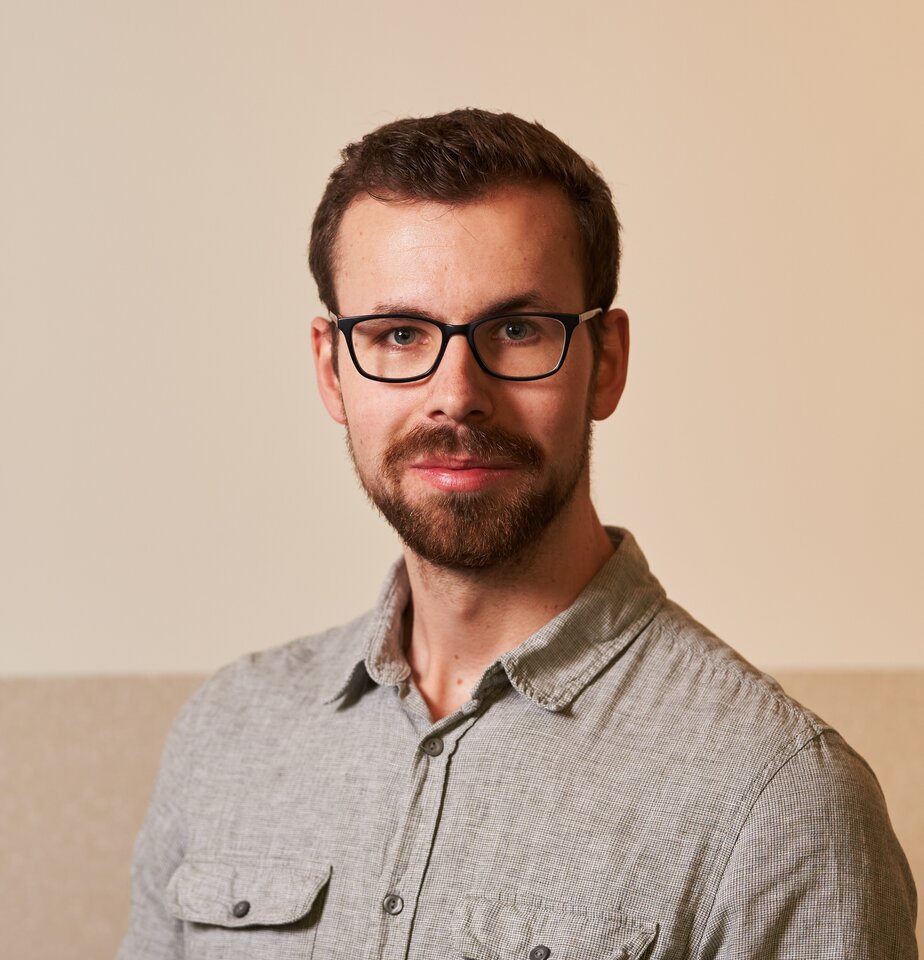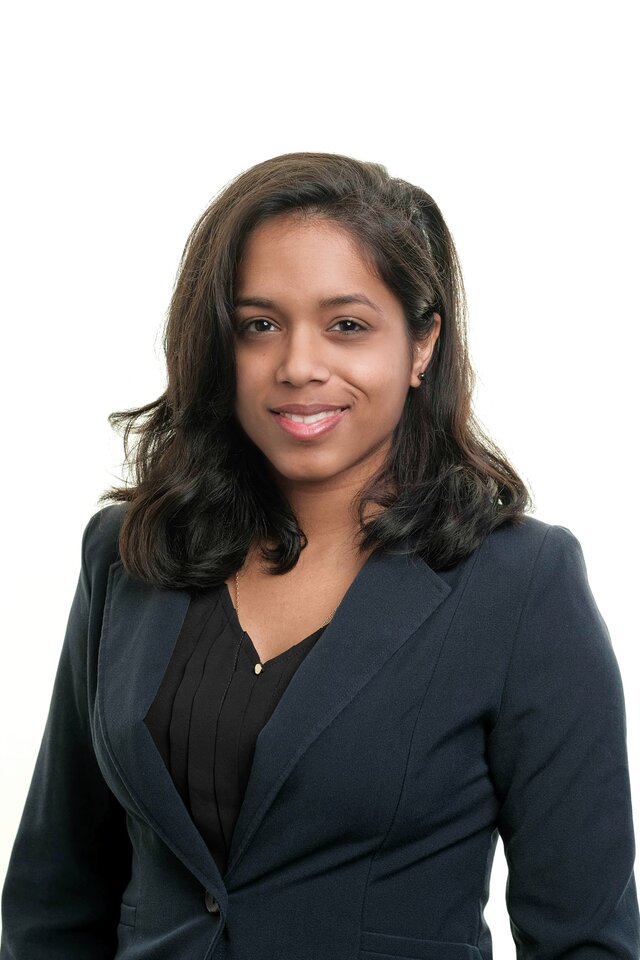DHPC User Summit 2024
Unlocking the Power of DelftBlue
Join us for the DHPC User Summit 2024, a premier event dedicated to showcasing the innovative research and projects powered by the DelftBlue supercomputer. Whether you're a student, researcher, or professional, this summit offers a unique opportunity to learn, network, and collaborate with experts in high-performance computing.
About the Event
The DHPC User Summit brings together the vibrant community of users and developers working with the DelftBlue supercomputer. This year's event focuses on the groundbreaking research conducted using DelftBlue, offering attendees a chance to delve into the technical achievements and the impact of high-performance computing across various fields.
What to Expect
- Inspiring Talks: Hear from several distinguished guest speakers, including industry leaders like SURF, as they share their experiences and insights on leveraging the power of DelftBlue for research and innovation.
- Networking Lunch: Connect with fellow attendees, exchange ideas, and explore potential collaborations during the networking lunch.
- Panel Discussion: Engage in a lively panel discussion that addresses the current challenges and future opportunities in supercomputing.
- Pub Quiz & Prizes: Wrap up the day with drinks and a fun pub quiz, where the best team will take home an exciting prize!
Who Should Attend?
This event is open to everyone interested in high-performance computing, from master students eager to learn more about the field to seasoned researchers looking to expand their knowledge and network with peers.
Registration
Please click the button below to register for the DHPC User Summit 2024. Don't miss this opportunity to be part of an inspiring day filled with learning, networking, and fun!
We do not charge a fee for the DelftBlue user summit. If you register, we expect you to be there. If you are unable to attend, please cancel as soon as possible. The room capacity is limited to 100 people. You can cancel your participation via the confirmation e-mail that you will receive from Aanmelder after you have registered.
09:00 - 09:30 | Walk-in (Welcome)
09:30 - 10:00 | Opening: What's new on DelftBlue? - Jonas Thies
10:00 - 10:30 | Open OnDemand | Simplifying access to DelftBlue - Sören Wacker
10:30 - 11:00 | Break
11:00 - 11:30 | DEM Simulations for Industrial Granular Flows: Balancing Efficiency and Accuracy - Raïsa Roeplal
11:30 - 11:45 | Sudoku Challenge - Mate Cser
11:45 - 12:00 | Meet the DelftBlue Contact Group - Luis Laguarda Sanchez
12:00 - 13:15 | Lunch
13:15 - 13:30 | TBD
13:30 - 13:50 | HPC: Current and future challenges - Valeriu Codreanu (SURF)
13:50 - 14:50 | Panel Discussion: The Future of HPC
Panelists: Valeriu Codreanu (SURF), (Fujitsu), Alan Hanjalic (AI), Gerhard Wellein (International) | Moderator: Matthias Moller
14:50 - 15:20 | Break
15:20 - 15:40 | Developing a Graph Neural Network Surrogate Model for Accelerating Multiscale Simulations - Joep Storm
15:40 - 16:00 | Environmental Flows with DelftBlue - Clara Garcia Sanchez
16:00 - 16:20 | Talk by Martin van Gijzen
16:20 - 18:00 | Network drinks & PubQuiz by our quizmaster Dennis Palagin
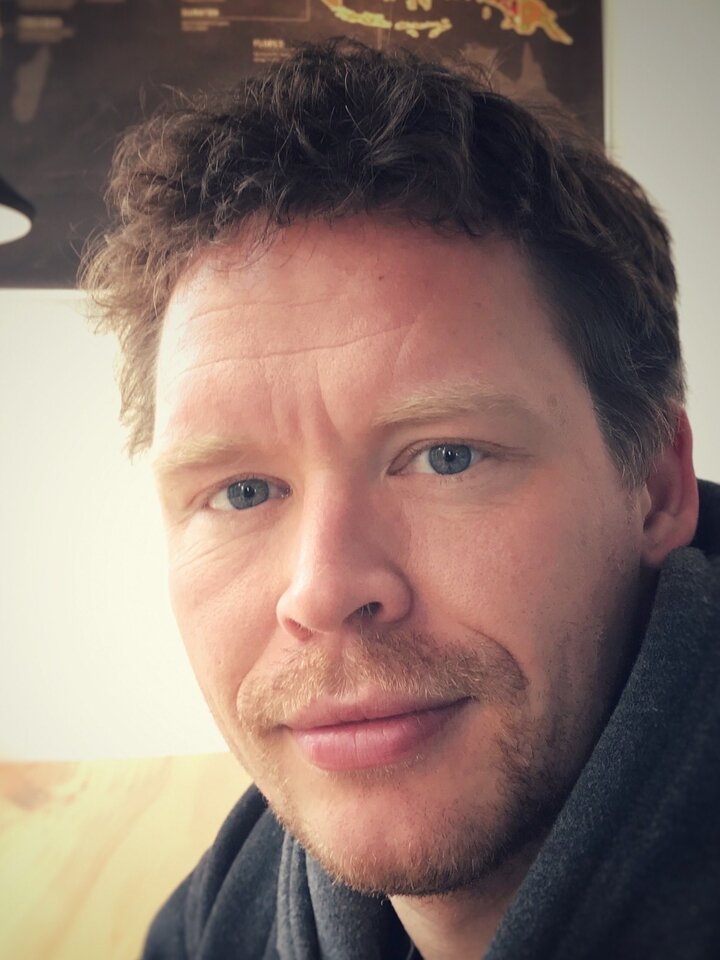
Sören Wacker
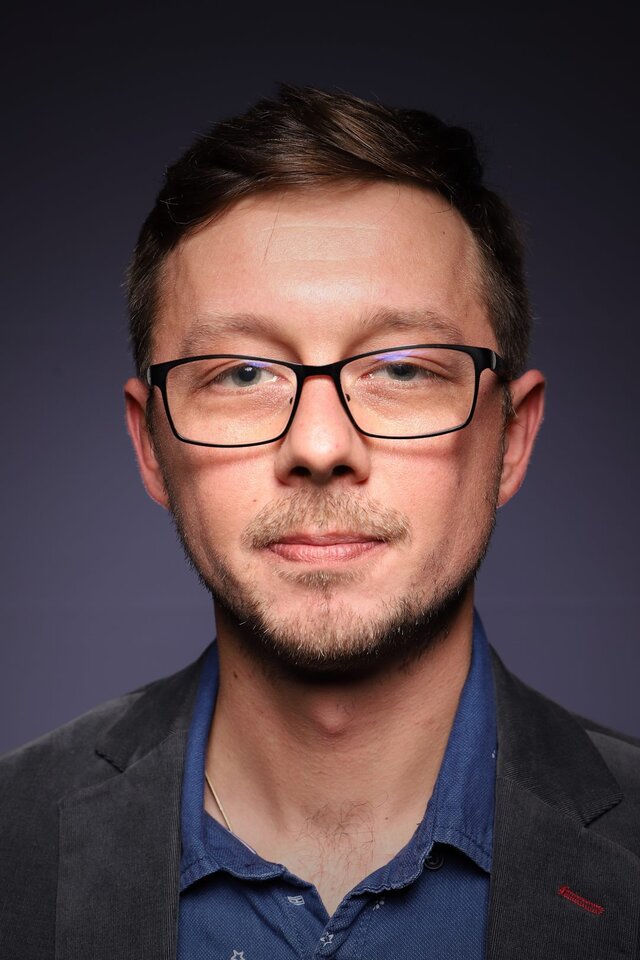
Valeriu Codreanu
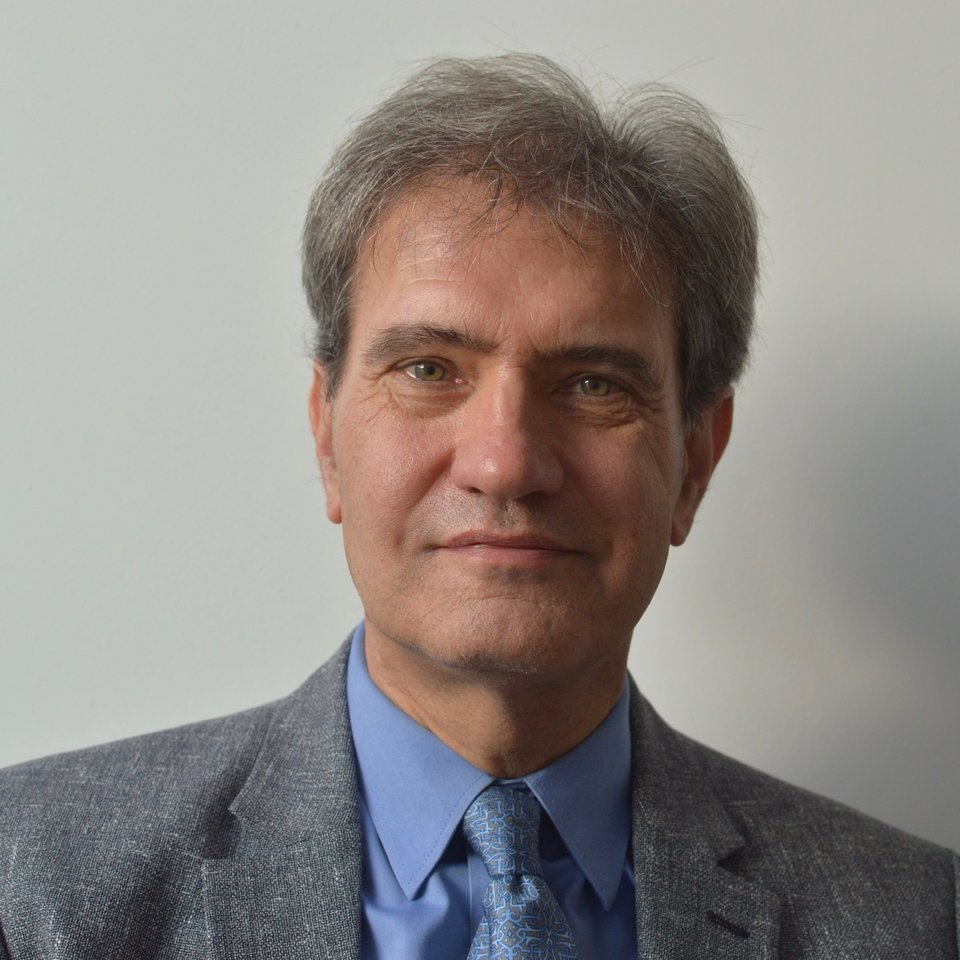
Martin van Gijzen
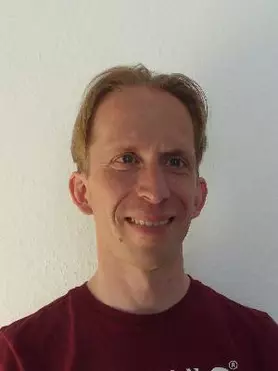
Jonas Thies

Clara García-Sánchez
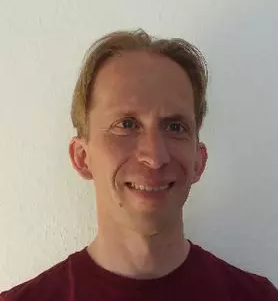
Jonas Thies
What's new on DelftBlue?
Jonas Thies has a Bachelor degree in Computational Engineering (Erlangen 2003), a Master in Scientific Computing (KTH Stockholm, 2006) and a PhD in applied mathematics (Groningen 2011). He spent two years at the Center for Interdisciplinary Mathematics in Uppsala, after which he moved to Cologne as a Scientific Employee of the German Aerospace Center (DLR) Institute for Software Technology. There he led a research group on parallel numerics from 2017 to 2021. Since June 2021 he is an Assistant Professor at the Delft High Performance Computing Center DHPC.
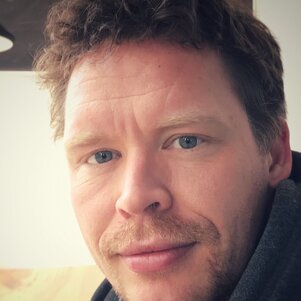
Sören Wacker
Open OnDemand | Simplifying access to DelftBlue
Sören Wacker is a Senior Research HPC Engineer in the newly formed Research Engineering and Infrastructure Team (REIT) at TU Delft, where he specializes in Data Engineering, Machine Learning, and Full-Stack Development. He completed his PhD at the Max Planck Institute for Biophysical Chemistry (now the Max Planck Institute for Multidisciplinary Science) and the University of Göttingen in Germany.
His professional journey includes significant experience at the Center for Molecular Simulations and the Ian Lewis Research Group in Canada, where he contributed to the large-scale applied research project ResistanceDB. He has also collaborated with several Canadian startups in the fields of drug development and machine learning.
Currently, Sören supports the CropXR project, a 100 million Euro initiative focused on advancing crop research over the next decade. His work reflects a commitment to leveraging advanced computational methods to solve complex challenges. Outside of his professional endeavors, he enjoys practicing contact improvisation, which complements his holistic approach to life and work.
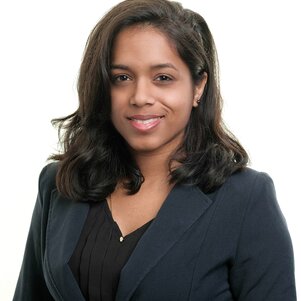
Raïsa Roeplal
DEM Simulations for Industrial Granular Flows: Balancing Efficiency and Accuracy
Raïsa Roeplal earned her master’s degree in Mechanical Engineering from the University of Twente in 2016. During her studies, she investigated the mixing of cohesive particles in paddle mixers and developed a keen interest in the segregation behaviour of granular materials. In 2020, she joined the GranChaMlab at the TU Delft’s Mechanical Engineering faculty to pursue her PhD. Her research, part of the Industrial Dense Granular Flows (IDGF) project, focuses on developing a Discrete Element Method (DEM) model to analyse the flow and packing behaviour of blast furnace mixtures during charging. This simulation requires significant computational power to track the motion of millions of particles over time to predict their segregation behaviour. The model aims to enhance the charging process, ultimately reducing the carbon emissions associated with blast furnace ironmaking.
Go to her personal page.
Abstract
The Discrete Element Method (DEM) is a computational technique for simulating granular flows. Fundamentally, it employs the equations of motion to predict the interactions of individual particles with their environment, enabling the prediction of flow behaviour over time. To effectively apply DEM to real-world industrial challenges, simulations must represent vast numbers of particles with realistic morphological characteristics. This demands substantial computational power, and creating a model often involves balancing efficiency and accuracy. This presentation will showcase examples from actual industrial applications.
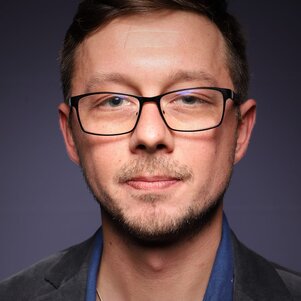
Valeriu Codreanu
HPC: Current and future challenges
Valeriu studied Electrical Engineering and got his MSc at the Polytechnic University of Bucharest. He followed-up with a PhD in Computer Architecture at the same institute, graduating in 2011 after a research stay at TU Delft. Valeriu continued as a researcher at Eindhoven University of Technology and University of Groningen, working on GPU computing, computer vision, and embedded systems. In 2014, he joined SURFsara as an HPC consultant and in 2016 became the PI of an Intel Parallel Computing Center project on ‘Scaling up Deep Learning’, subsequently leading the Machine Learning team at SURF.
Valeriu is currently leading the High-Performance Computing and Visualization group at SURF, responsible for the Dutch National Supercomputing infrastructure
Abstract
High-Performance Computing (HPC) has become essential to scientific research, engineering, and industry, driving advancements in areas like climate modeling, genomics, and AI. This talk will examine the current state of HPC, highlighting recent technological advancements and emerging trends such as exascale computing and AI integration. We will also discuss the importance of developing coherent multi-tier HPC infrastructures, where European, national and regional centers work in harmony to provide scalable and accessible computing resources. Looking ahead, key challenges include managing complex architectures, ensuring energy efficiency, and fostering collaboration across these tiers. Additionally, we’ll explore the growing need for skilled professionals and global cooperation to address the future demands of HPC.
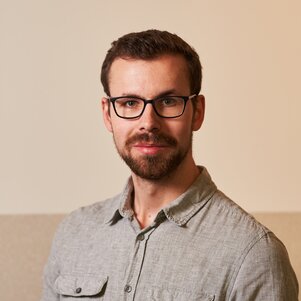
Joep Storm
Developing a Graph Neural Network Surrogate Model for Accelerating Multiscale Simulations
Joep Storm is a PhD candidate at the Delft University of Technology in the faculty of Civil Engineering and Geosciences. He works in the Computational Mechanics research group, which focuses on developing computational models for simulating the mechanical behaviour of materials and structures. He is also part of the SLIMM AI Lab, which uses advances in statistical learning to combine probabilistic machine learning and multiscale solid mechanics.
Joep’s main research interest lies in accelerating multiscale mechanical models, such as those of advanced polymer composite materials, using data-driven techniques. These techniques include surrogate modelling, active learning, graph neural networks, and uncertainty quantification, aiming to enable the practical use of multiscale models for more efficient structural designs.
In 2024 he was a visiting scholar at Columbia University in New York, at the Theoretical and Computational Poromechanics research group.
Joep’s page can be found here.
Abstract
Simulating the mechanical response of advanced materials can be done more accurately using multiscale models than with single-scale simulations. However, the computational costs stand in the way of the practical application of this approach. We introduce a surrogate modeling strategy that aims to reduce this cost while retaining all microscopic information. We achieve this using a graph neural network for elasto-plastic materials. We embed a physics-based model inside the graph neural network architecture, which increases the computational cost but improves the accuracy of the surrogate model predictions. As the computation time of our method scales favorably with the number of elements in the microstructure compared to the finite element method, our method can significantly accelerate multiscale simulations of advanced materials.

Clara Garcia Sanchez
Environmental Flows with DelftBlue
I'm part of the 3D geoinformation group at TU Delft, thanks to the Delft Technology Fellowship. My research is focused on environmental problems, explicitly addressing dispersion and airflow predictions in the built environment. I am interested in renewable energies, as well as mitigation techniques that can allow to prevent and reduce urban pollution. Part of my research focuses on applying uncertainty quantification methodologies
to predict winds in the urban canopy. During my career, I have gathered experience with lowand high-fidelity approaches within computational fluid dynamics and dealt with experimental data.
Although my background is in aerospace engineering, I steered toward environmental flows later in my career. Before joining TUDelft, I was a postdoctoral research scientist at the Carnegie Institute for Science in Dr. Caldeira’s lab. Before joining the Carnegie Institute for Science, I graduated with my PhD at the University of Antwerp in collaboration with the von Karman Institute for Fluid Dynamics. My PhD research focused on quantifying inflow uncertainties for CFD dispersion simulations in the atmospheric boundary layer.
Abstract
Predicting environmental flows has become increasingly vital as we tackle climate change and push for sustainable solutions in our ecosystems. In this talk, we'll explore fascinating research on how local roughness impacts flow. First, we'll dive into the intricate effects of coral shapes on nutrients and mass transport using cutting-edge high-fidelity simulations (DNS). Then, we'll shift gears to the future of urban air mobility, analyzing how winds in complex urban areas pose risks to air transport—and how the same data can improve wind safety for pedestrians at street level. Exciting insights into both nature and urban design await!
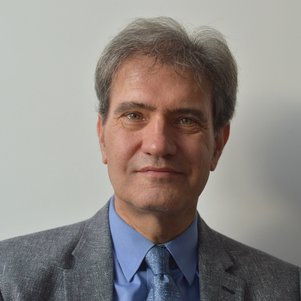
Martin van Gijzen
Closing session
Martin van Gijzen received Master's and Ph.D. degrees in Applied Mathematics from the Delft University of Technology in 1989 and 1993, respectively. He carried out his Ph.D. research at TNO Building and Construction Research, now DIANA FEA.
In 1994, he became a Postdoctoral Researcher in Mathematics at Utrecht University where he developed parallel algorithm to simulate global ocean circulation. In 1997, he joined the research staff at TNO Physics & Electronics Laboratorium, where he was a project leader on underwater acoustics.
In 2002 he accepted a position as a Senior Scientist in Parallel Algorithms at CERFACS in Toulouse, France. In 2004, he joined the faculty of the Delft Institute of Applied Mathematics at the Delft University of Technology, where he is now a Professor in High-Performance Computing. He recently succeeded Kees Vuik as scientific director of DHPC.
The DelftBlue user summit takes place in X (building 37) on the TU Delft campus.
DHPC User Summit 2024
Date:
08-11-2024
Location:
Delft X, Building 37
Mekelweg 8
NL-2628 CD Delft
Costs:
Free
Note:
-
